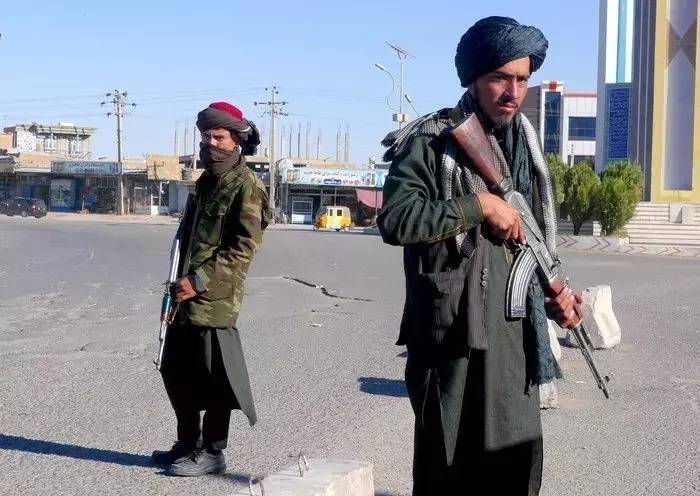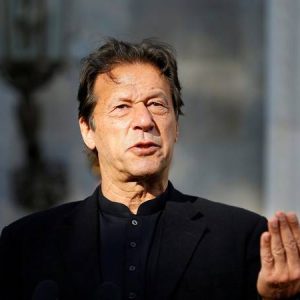Crisis-ridden Afghanistan has been badly impacted by the economic, and political instability of Pakistan…reports Asian Lite News
Pakistan has said that it would recognise the Taliban government through a regional and consensual approach, rather than taking a solo flight on the matter.
“We thought that it would be the best to do it through a regional, consensual approach,” Foreign Office Spokesperson Asim Iftikhar said during a media briefing on Friday.
Meanwhile, no country has recognised the Taliban government.
“And there is increasing understanding that some kind of engagement with the interim Afghan authorities is essential to address this situation. So it is in that context, that different countries, at different levels, they are in touch or engaged with the Afghan interim authorities,” he added, Dawn reported.
Responding to a recent UN report that highlighted the threat posed by al-Qaeda, Daesh-Khorasan and the Tehreek-e-Taliban, Pakistan (TTP), Asim Iftikhar said that one of the expectations from Taliban from the international community, vis-a-vis the interim authorities in Afghanistan was that the Afghan territory should not be used for terrorism against any one.
“This expectation remains there. I think this is a collective responsibility, because this is not a new problem. Some of these groups have been there for a long time, and this problem has existed and lingered on,” the spokesperson said.
“I think one of the ways to address this problem is to engage with the Afghan authorities to help them in different ways – in capacity building and other assistance that would enable them to effectively tackle some of these groups because as we have said, on many occasions, this is a threat that is common to all,” he added, as per Dawn.
Meanwhile, Iran’s Special Representative to the President on Afghanistan Hassan Kazemi Ghomi, called on Foreign Minister Bilawal Bhutto Zardari. During the meeting, Bilawal reaffirmed Pakistan’s commitment to a peaceful, stable, prosperous and connected Afghanistan.
Crisis-ridden Afghanistan has been badly impacted by the economic, and political instability of Pakistan.
Apart from that issues such as repeated border closures and persistent tensions between the two sides over the Durand line have hampered trade inflows in Kabul.
Pakistan’s political crisis has begun to hit its worsening economic situation turning the conditions very painful and pitiable. Citizens’ anger and frustrations are at its peak in the country. Inflation is skyrocketing while peoples’ purchasing power is fast declining. (ANI)













